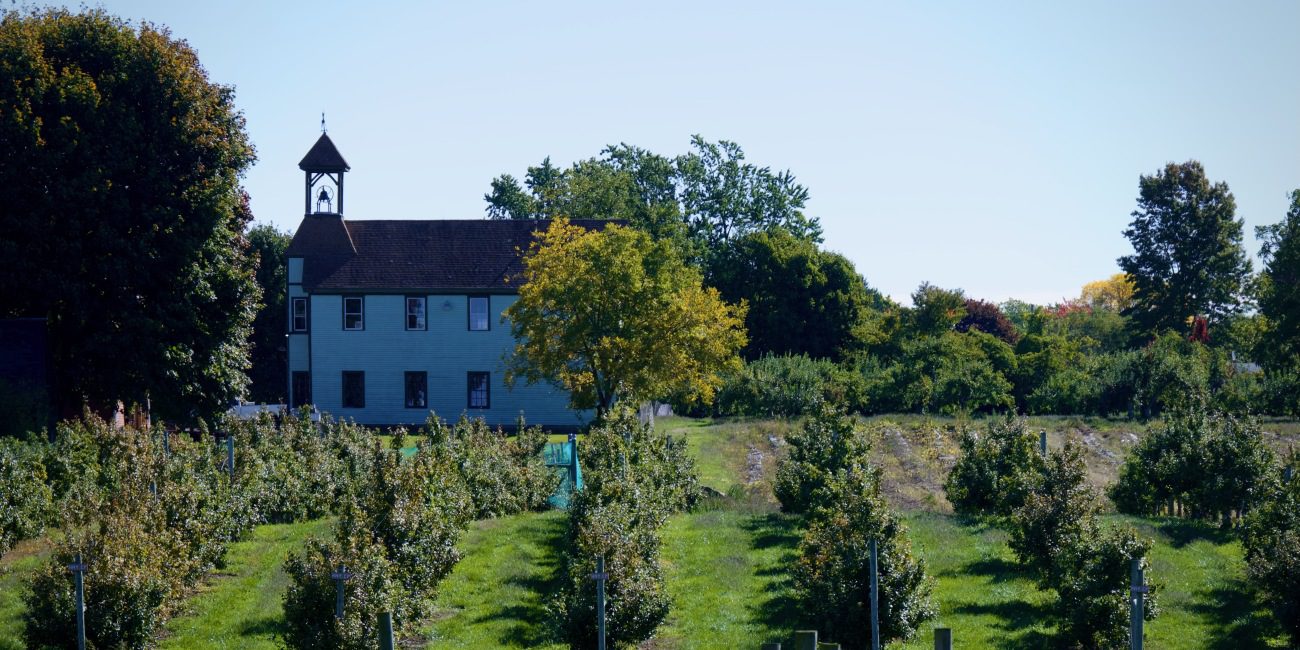PEABODY — The City of Peabody is asking residents to step up and play an important role in determining the future of its open and recreational space at a public hearing on Tuesday, April 4 at 5:30 p.m. at the Wiggin Auditorium in City Hall.
The 2023 Recreation and Open Space Plan (ROSP) will be presented at the workshop. Participants will have the opportunity to comment publicly about the draft plan, which can be viewed at https://peabodyrosp.wixsite.com/update/general-9.
“An open space and recreation plan is a key tool through which a community plans for the future,” said Peabody Mayor Edward A. Bettencourt, Jr. “Our plan relies on public participation to help reflect the needs of our community. I encourage all Peabody residents to participate in the process and to have their voices heard.”
The plan seeks to build off the success of the city’s 2015 Recreation and Open Space Plan by presenting ways to enhance the quality of life for those who live and work in Peabody. It establishes a seven-year action plan for future needs as articulated by the residents through a comprehensive survey and public information sessions held throughout the city and “serves as a guide for the improvement of Peabody’s public park and conservation areas, recreational facilities and programs,” according to the plan.
The plan identifies six primary goals vital to its vision.
The first goal is to “develop and maintain available open space, improving access to and connectivity among open spaces, recreational facilities and other important city resources while providing a variety of active and passive recreational and cultural opportunities for all Peabody residents”
The second goal is to improve management and maintenance of existing open space, natural resources, and recreational facilities.
The plan’s third goal is to improve coordination and collaboration among departments, committees, local organizations, and businesses “working toward common goals for open space, natural resources, and recreation” within the city and abutting municipalities.
The City also seeks to ensure proper implementation of the plan through the next seven years and “preserve, restore, and enhance natural resources that increase Peabody’s resilience to the effects of climate change and expand opportunities for passive and active recreation.”
The plan also seeks to increase equitable access to quality parks, green space and recreation facilities, as well as programs that are safe, inclusive, culturally relevant, and welcoming to everyone.
“This plan is an ambitious plan,” the plan said. “However, as Peabody continues to recover from the lasting effects of the COVID-19 pandemic and prepare for the challenges associated with climate change, this plan will serve as a guide to preserve and enhance these key open space resources.”
The workshop follows a similar workshop that was held virtually in March 2021 that introduced the city’s ROSP to the public and shared results of a survey conducted in 2015.
Peabody was designated as a Gateway City by the Massachusetts State Legislature in 2013.
Gateway Cities is a state-wide program that includes 26 other communities throughout the Commonwealth.
The plan provides a comprehensive summary of the city’s history, its demographic and economic conditions, and natural resources, as well as a complete inventory of recreational and conservation areas.
Approximately 1,031 acres, or 9.6 percent, of Peabody’s 10,752 acres are permanently-protected, publicly-owned open space.
“Peabody is fortunate to be home to a great deal of open space and recreation including 31 parks, two municipally-owned farms (Tillie’s and Brooksby), the Bike Path, and The Meadow at Peabody Golf Course, among many others,” said Bettencourt.
He noted that recently, the City agreed to purchase 80 acres of open space near Marlborough Road and the Peabody-Salem-Lynn borders to prevent further development.

